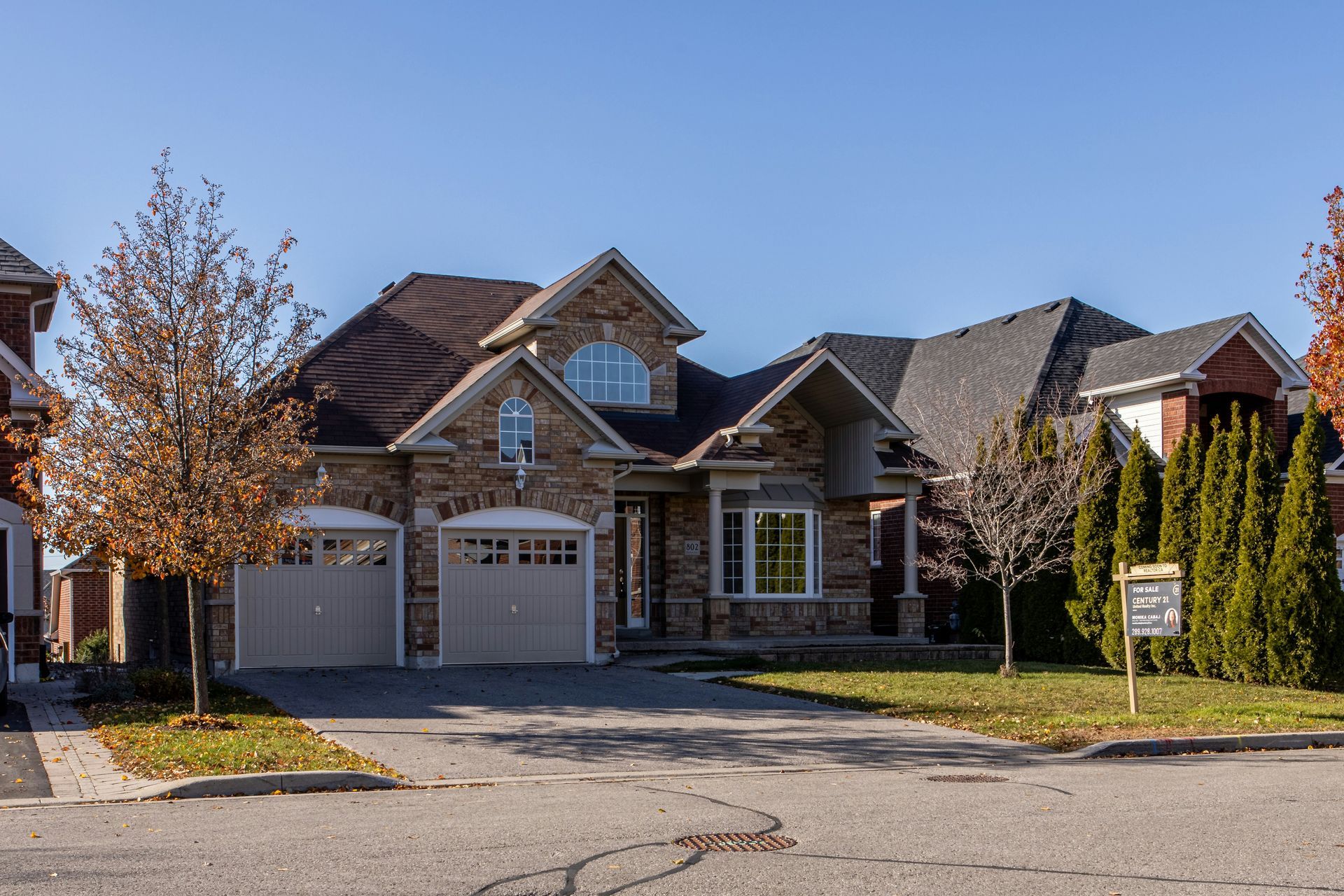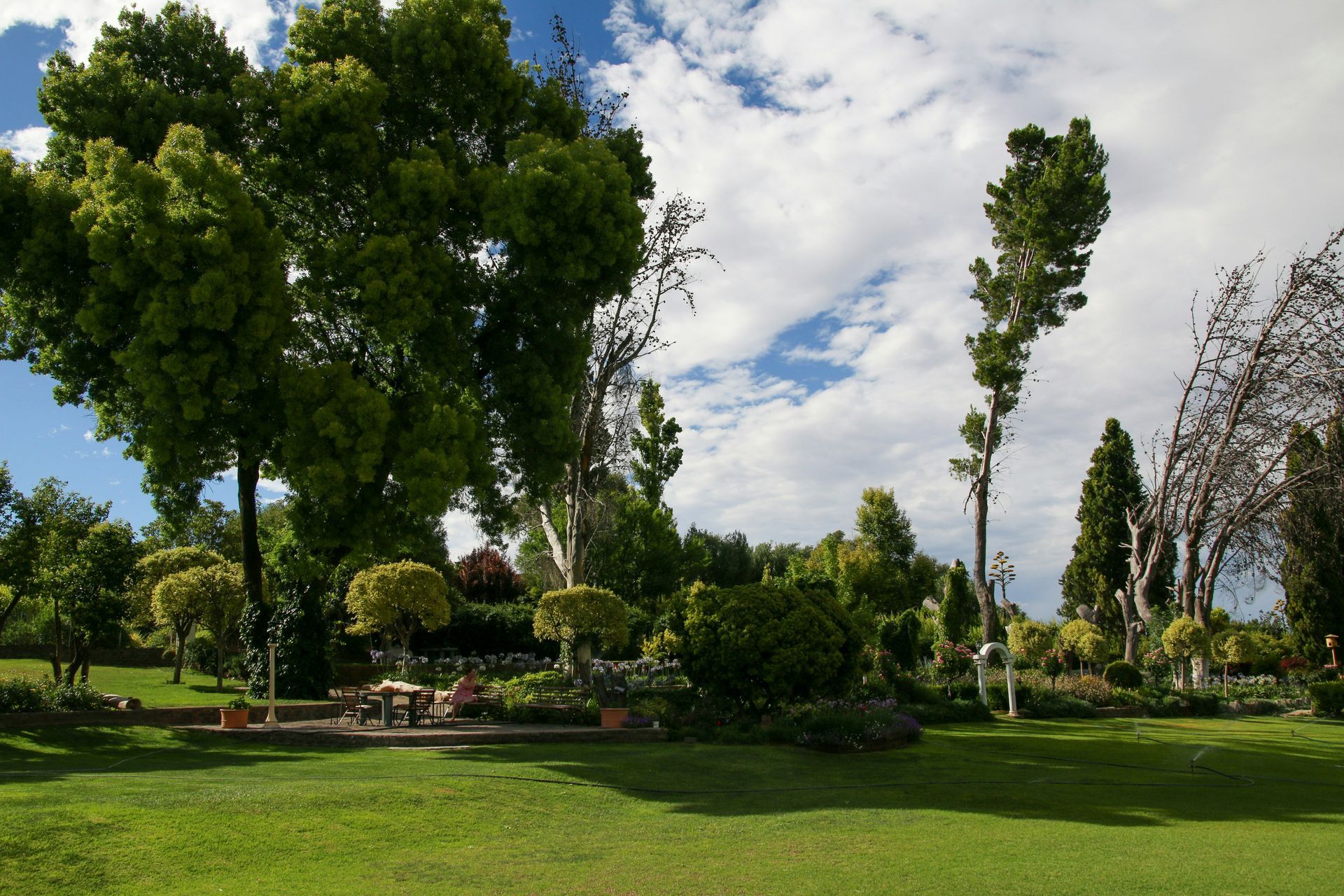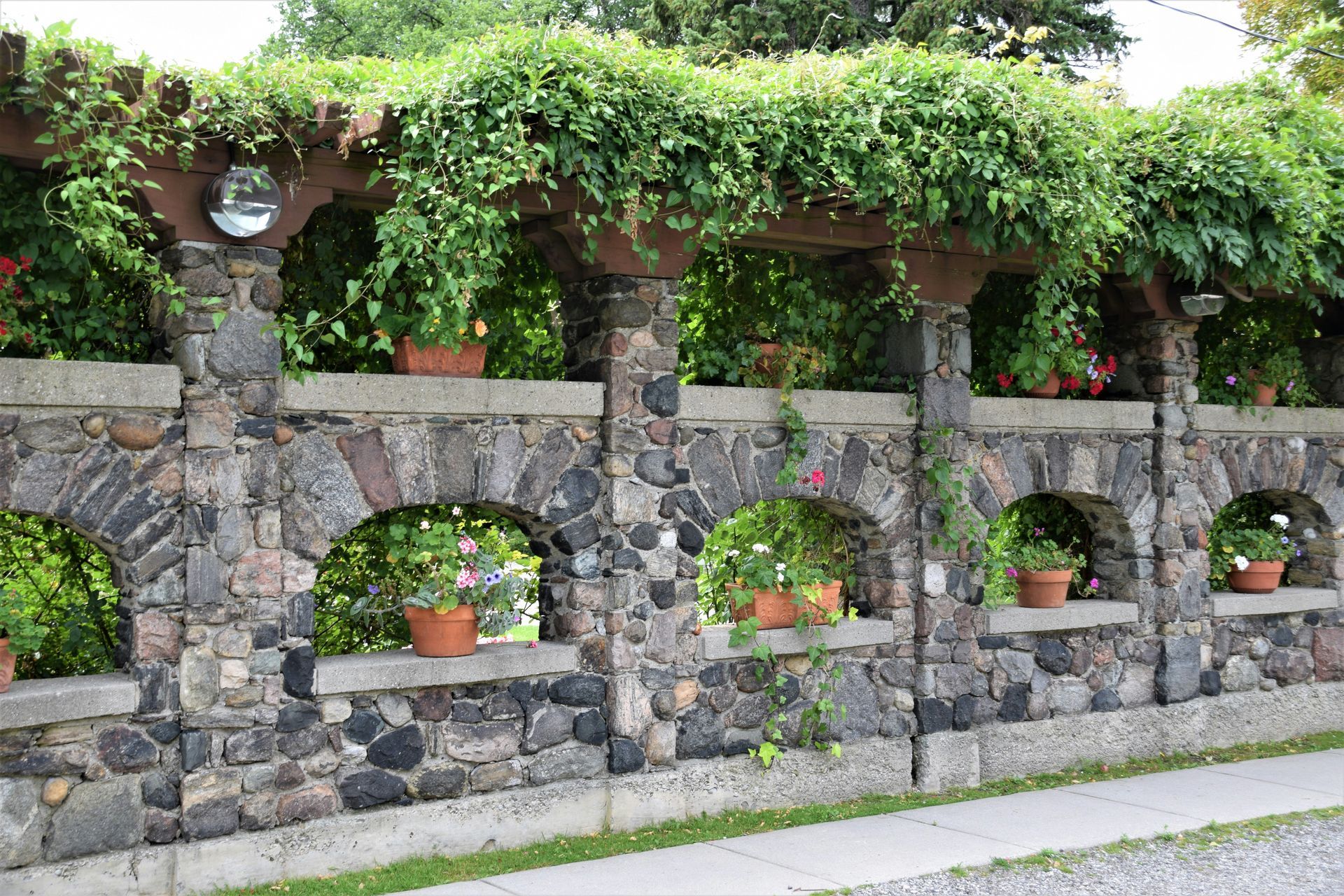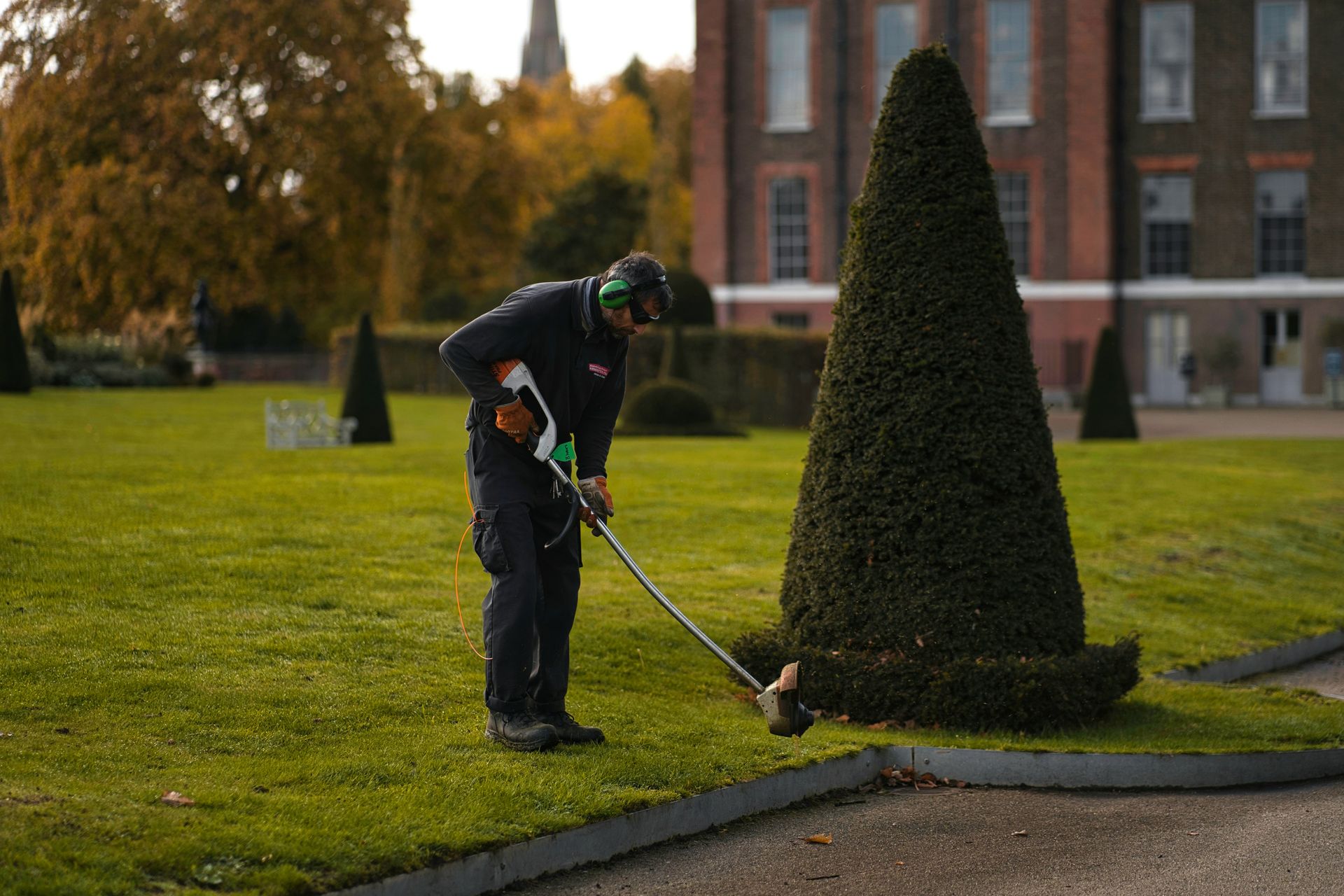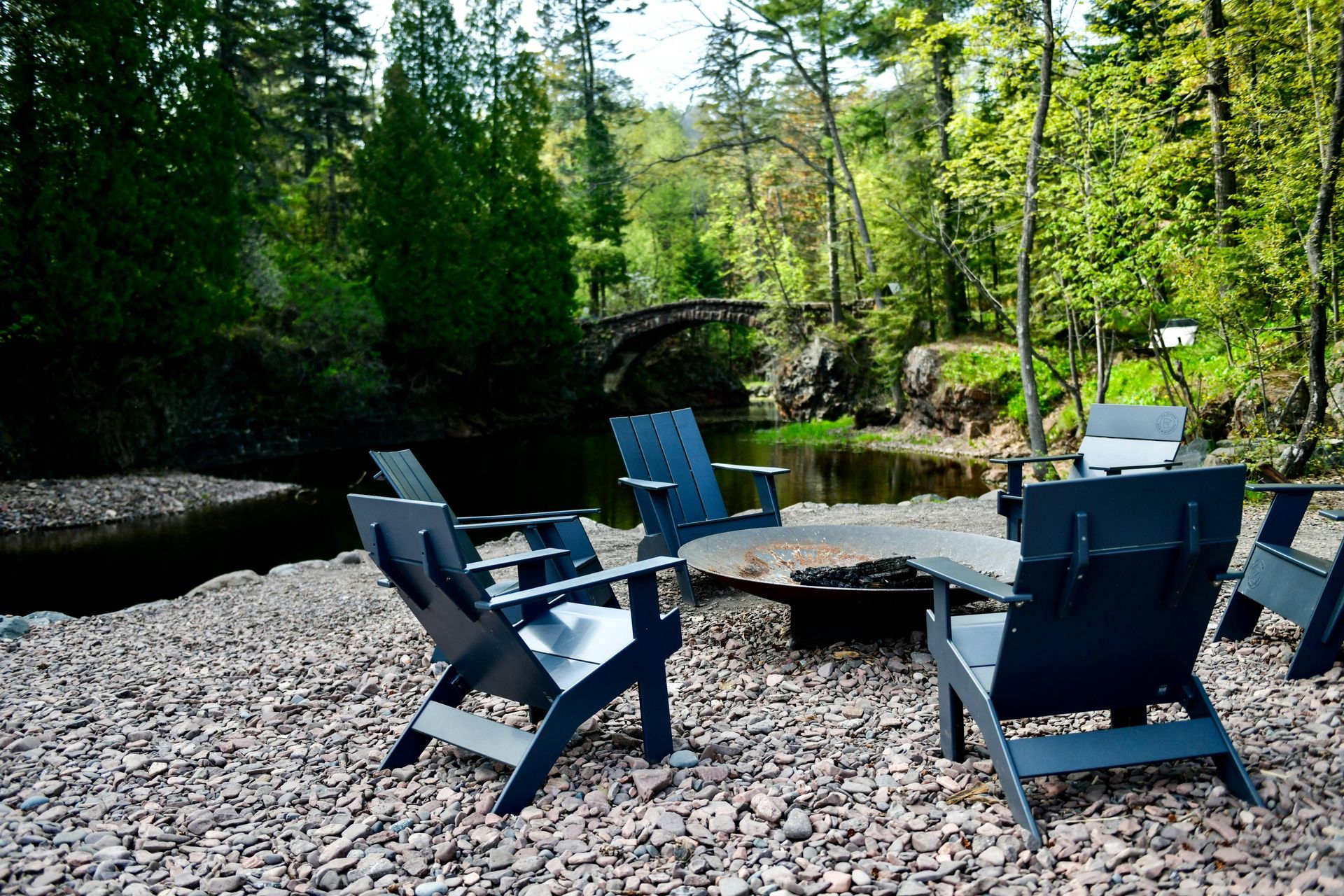Diving into Pool Ownership: Essential Considerations for New England Homeowners
Balancing Dreams and Reality: Navigating the Complexities of Pool Installation in the Northeast
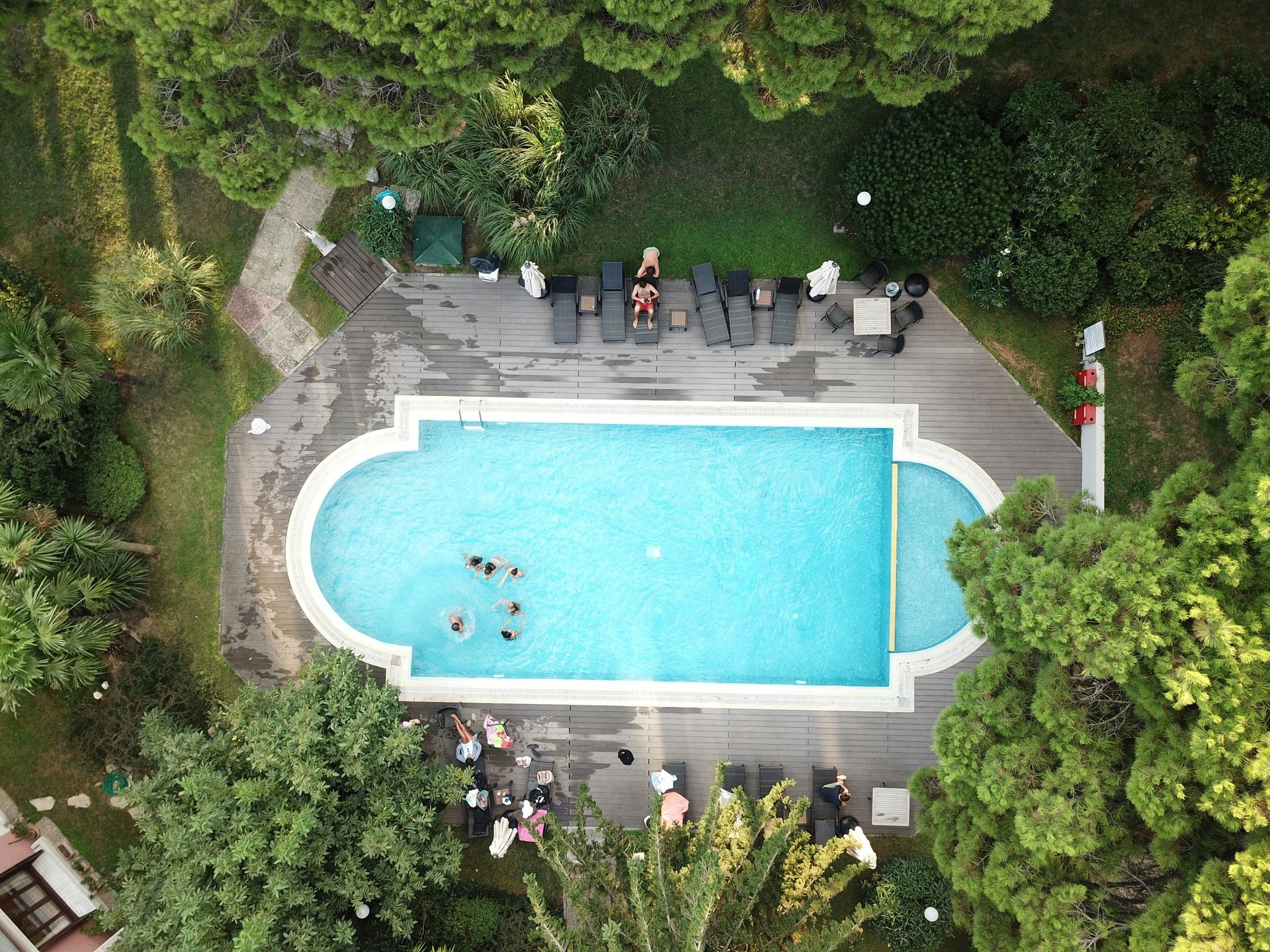
The allure of a private swimming pool, especially during New England's brief but beautiful summers, is undeniable. However, the decision to install a pool is not one to be taken lightly, particularly given the unique climate and landscape challenges of the Northeast. This guide aims to provide prospective pool owners with a comprehensive overview of the factors to consider before taking the plunge into pool ownership.
Assessing Your Motivation: Why Do You Want a Pool?
Before diving into the specifics of pool types and installation processes, it's crucial to clarify your reasons for wanting a pool:
- Recreational Use: Is your primary goal to create a fun, family-friendly space for summer enjoyment?
- Health and Fitness: Are you looking for a low-impact way to exercise, particularly beneficial for those with joint issues or rehabilitation needs?
- Property Value Enhancement: While pools can add value in some markets, it's important to note that in New England, they may not always provide a significant return on investment due to the shorter swimming season.
- Therapeutic Benefits: Do you or a family member have a health condition that could benefit from regular aquatic therapy?
- Entertainment: Are you envisioning your pool as a centerpiece for social gatherings and outdoor entertaining?
Understanding your primary motivations will help guide your decisions throughout the planning and installation process.
Climate Considerations in New England
The Northeast's distinct seasonal changes present unique challenges and opportunities for pool owners:
- Limited Swimming Season: Typically, the outdoor swimming season in New England lasts from late May to early September, though this can vary depending on the specific location and yearly weather patterns.
- Heating Options: To extend the swimming season, many New England pool owners opt for heating systems. Solar heating can be an eco-friendly option, while gas or electric heaters offer more consistent temperature control.
- Winter Maintenance: Proper winterization is crucial to protect your pool from freeze damage. This process typically involves lowering the water level, draining pipes, and covering the pool securely.
- Spring Opening: The process of reopening your pool in the spring can be labor-intensive and may require professional assistance, especially in the first few years of ownership.
Space and Landscape Considerations
New England's varied topography and often compact lot sizes require careful planning:
- Available Space: Assess not just the area for the pool itself, but also the surrounding space for decking, seating areas, and required safety features like fencing.
- Soil Composition: New England's rocky soil can present challenges for excavation. A geological survey may be necessary to determine the feasibility of an in-ground pool.
- Drainage: Proper drainage is essential to prevent water accumulation around the pool area, which can be particularly problematic during spring thaws.
- Sun Exposure: Consider the orientation of your yard to maximize sun exposure and heat retention in the pool.
- Privacy: In more densely populated areas, think about how to incorporate privacy features like strategic landscaping or fencing.
Types of Pools: Choosing the Right Option
- In-Ground Pools:
- Concrete: Offers the most design flexibility but typically has the highest upfront cost and longest installation time.
- Fiberglass: Pre-formed shells that can be quickly installed, with lower long-term maintenance costs.
- Vinyl-Lined: A more budget-friendly option that can be customized in shape and size.
- Above-Ground Pools:
- More affordable and can be dismantled if you move.
- Shorter lifespan compared to in-ground options.
- Can be enhanced with decking and landscaping to improve aesthetics.
- Indoor Pools:
- While more expensive, they offer year-round use regardless of New England weather.
- Require careful consideration of ventilation and humidity control.
Legal and Safety Considerations
- Zoning Laws: Check local regulations regarding setbacks, fencing requirements, and any restrictions on pool size or type.
- Building Permits: Most New England municipalities require permits for pool installation. This process may involve submitting detailed plans and undergoing inspections.
- Safety Features: New England states have strict safety requirements, including:
- Fencing of a specific height (usually at least 4 feet) with self-closing, self-latching gates.
- Pool covers that meet safety standards.
- Alarms on doors leading from the house to the pool area (for homes with direct access).
- Insurance: Inform your homeowner's insurance provider about your pool plans, as this may affect your coverage and premiums.
Budget Considerations: Beyond the Initial Investment
When budgeting for a pool, consider not just the upfront costs but also ongoing expenses:
- Installation Costs:
- In-ground pools in New England typically range from $35,000 to $100,000 or more, depending on size, materials, and features.
- Above-ground pools generally cost between $5,000 and $15,000 for installation.
- Additional Features:
- Heating systems
- Lighting
- Water features (fountains, waterfalls)
- Diving boards or slides (note that these may increase insurance costs)
- Landscaping:
- Decking or patio areas
- Plants and trees for privacy and aesthetics
- Outdoor furniture and shade structures
- Ongoing Maintenance Costs:
- Chemicals for water treatment
- Energy costs for pumps and heating
- Regular maintenance and cleaning services
- Potential repairs and equipment replacement
- Seasonal Expenses:
- Opening and closing services (if not done yourself)
- Winter cover replacement every few years
- Utility Costs:
- Increased water bills, especially during initial filling and for topping off due to evaporation
- Higher electricity bills for running pumps and heating systems
Selecting a Contractor: A Critical Decision
Choosing the right contractor is crucial for a successful pool installation. Follow these steps:
- Research: Look for contractors with experience in New England's specific climate and soil conditions.
- Get Multiple Bids: Obtain at least three detailed, written bids that include all labor, materials, and permitting costs.
- Check References: Ask for and contact a list of previous customers, particularly those with pools installed several years ago to gauge long-term satisfaction.
- Verify Credentials: Ensure the contractor is properly licensed and insured. Check with the Better Business Bureau for any outstanding complaints.
- Review Contracts Carefully: Take your time to understand all terms and conditions before signing. Don't feel pressured into making a hasty decision.
- Payment Terms: Never pay the full amount upfront. A typical payment schedule might include a deposit, payments at key milestones, and a final payment upon satisfactory completion.
Environmental Considerations
In environmentally conscious New England, consider these eco-friendly options:
- Salt Water Systems: Reduce the need for harsh chemicals.
- Energy-Efficient Pumps and Heaters: Look for Energy Star-certified equipment.
- Pool Covers: Use to reduce evaporation and maintain heat, reducing energy costs.
- Natural Filtration Systems: Consider alternatives like regenerative media filters that use less water and fewer chemicals.
Conclusion: A Thoughtful Approach to Pool Ownership
Investing in a swimming pool in New England can provide years of enjoyment and add a unique feature to your property. However, it requires careful consideration of various factors, from climate and legal requirements to ongoing maintenance and costs. By thoroughly researching and planning your pool project, you can create a beautiful and functional aquatic retreat that enhances your home and lifestyle, even in the face of New England's distinctive seasonal challenges.
Remember, a well-planned and properly maintained pool can be a source of joy and relaxation for years to come, providing a private oasis for you and your family to enjoy the fleeting but glorious New England summers.
Ready to transform your outdoor space?
Our team of experienced landscaping professionals is here to bring your vision to life. Whether you're looking to design the perfect pool environment or need help with regular maintenance, we've got you covered.
Don't hesitate to reach out for a consultation or to schedule our services.
Call us at (475) 263-3416 or
email info@green-vista-landscaping.com
to get started on your landscaping project today!





